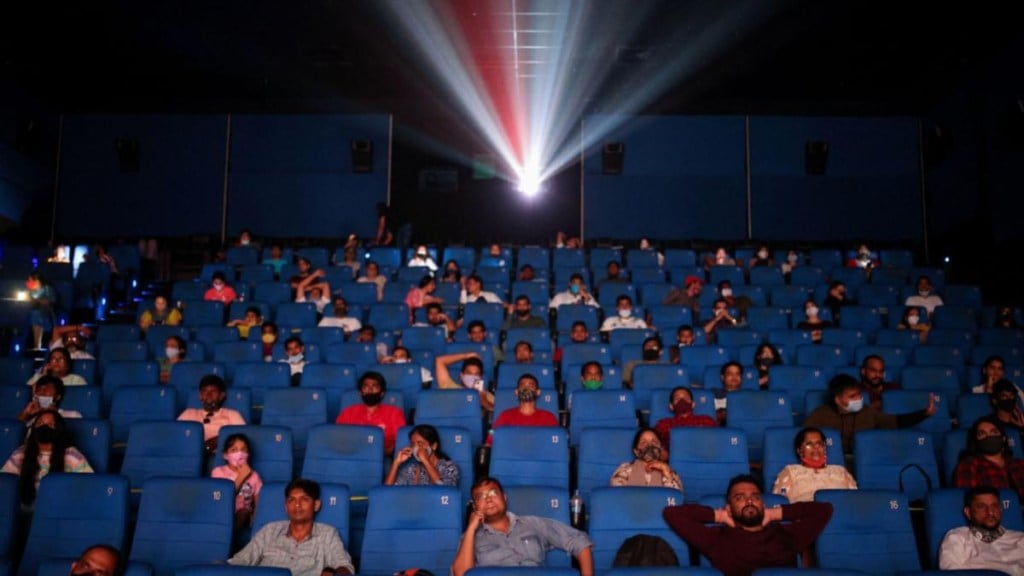Hollywood and Indian film producers are pressing the government to strengthen copyright protection and restrict artificial intelligence (AI) companies from using their creative content, films, music, and promotional material to train AI models, as per Reuters.
The push comes as India’s commerce ministry has set up a panel to assess whether the country’s current copyright law is equipped to handle disputes arising from AI-generated works. The committee, chaired by commerce ministry official Himani Pande, includes lawyers, policymakers, and industry representatives, and is expected to submit its recommendations in the coming weeks.
Tighter safeguards
At the centre of the debate are two opposing camps: global and Indian film studios calling for tighter safeguards, and technology companies seeking broader exemptions to use copyrighted material for AI training.
The Motion Picture Association (MPA), which represents studios such as Warner Bros., Paramount, and Netflix, and the Producers Guild of India, have told the panel that India must not create blanket exemptions for AI innovation. Instead, they are lobbying for a licensing framework under which AI companies would need permission before using copyrighted works.
Unrestricted access
In a letter dated 2 August, MPA India managing director Uday Singh warned that granting AI models unrestricted access to copyrighted works could “undermine the incentive to create new works and erode copyright protection in India.” Similarly, Producers Guild CEO Nitin Tej Ahuja said in his submission that “licensing copyrighted works is essential for creators’ revenue and business sustainability.”
Both organisations declined to comment on the ongoing deliberations, but industry executives said the concern runs deep. “Film studios are particularly worried about AI tools scraping videos, images and trailers online, or worse, ingesting pirated content into their training systems,” said a senior industry source aware of the discussions.
India’s current copyright law, last updated in 2012, does not explicitly cover AI use. Internationally, Japan has allowed broad exemptions for AI firms to use copyrighted material, while the European Union has opted for stricter rules that require platforms to secure permission or allow creators to opt out.
The MPA’s stance is sharply at odds with the Business Software Alliance (BSA), which represents major AI and software companies, including OpenAI. In its public submission to the government in July, the BSA urged New Delhi to permit “exceptions to allow lawful AI use,” arguing that limited access to data could slow innovation and the growth of India’s AI ecosystem.
The stakes are high for India’s entertainment industry, one of the largest in the world. A Deloitte–MPA report published in May estimated that India’s film, television, and online video sectors generated $13.1 billion in revenue in 2023, expanding at an annual rate of 18% since 2019. The lobbying effort comes as a Bollywood couple has filed a court case against YouTube after manipulated, AI-generated videos of them went viral—further fuelling concerns about the misuse of celebrity likenesses.
MPA members have also cautioned that an EU-style “opt-out” mechanism, where rights holders must actively prevent their works from being used, would unfairly shift the compliance burden onto creators. “Such an approach would force studios to constantly monitor multiple AI platforms and block unauthorised use,” MPA India said in its response. “It would also hinder future investments and the development of high-quality local content.”
The global dispute is already spilling into courts. In September, Warner Bros. sued AI service Midjourney in Los Angeles, alleging the platform had unlawfully trained its model on copyrighted images of Batman, Superman, and Bugs Bunny. Midjourney has argued that its data use qualifies as fair use.
